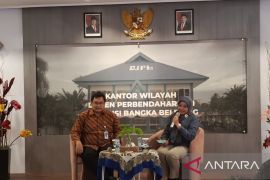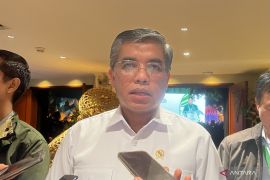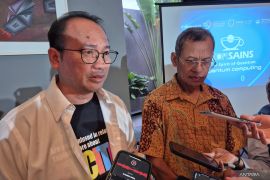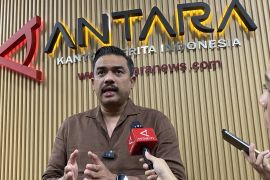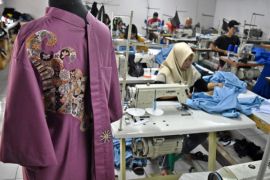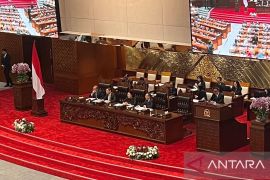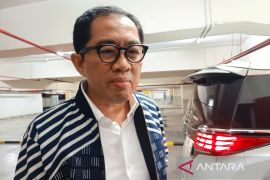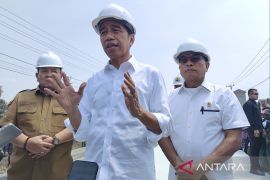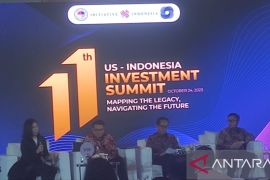The secretary general of the Ministry of Transportation, Sugihardjo, said here on Monday his office is now studying the scheme for involving private parties in the operation of nine sea toll roads to be opened in 2017.
"They have expressed an interest in it and equal opportunity would be given to them all," he added.
He recalled that so far the government has assigned the state-owned shipping company, PT Pelni, to operate the sea toll road but bidding would also be held for private parties.
"The government may not assign private parties and they will be able to participate only via a tender. It would take time to prepare it," he observed.
He informed that he would report to the Committee for Public Policies regarding the subsidy pattern for private parties.
The subsidy for the state-owned company is given through a Public Service Obligation scheme while for private parties, it would be through a long-term contract.
"If the government gives subsidy, it means it will provide all facilities and the cost for procurement will be huge. While the subsidy is only for a year, it could be extended in the form of a long term contract," he disclosed.
With this scheme, it is hoped that private parties would be interested in investing, he noted.
"In view of that, we have called for inputs from INSA (the Indonesia Association of Shipowners) to see if private parties are indeed interested to participate with the ships that they will have to provide," he underscored.
Regarding tariffs, he made it clear that these would be combined so that the tariffs imposed by the Port Management Unit (UP), PT Pelindo (state-owned port operating company) and commercial tariffs are equalized.
On a separate occasion, the deputy general chairman for transportation of the Indonesian Chamber of Commerce and Industry, Carmelita Hartoto, hailed the governments plan but hoped the government would also consider consolidating cargo for the sea toll road which generally consists of nine-food staples.
"They must also think of how Bulog (state logistics agency) could also actively coordinate cargo up to the regions," she underlined.
She pointed out that the government must also actively push for industrial development outside Java so that industries can grow there.
"The government must think of infrastructure development and transportation facilities that are connected to regions," she concluded. (*)
Editor: Heru Purwanto
Copyright © ANTARA 2016

